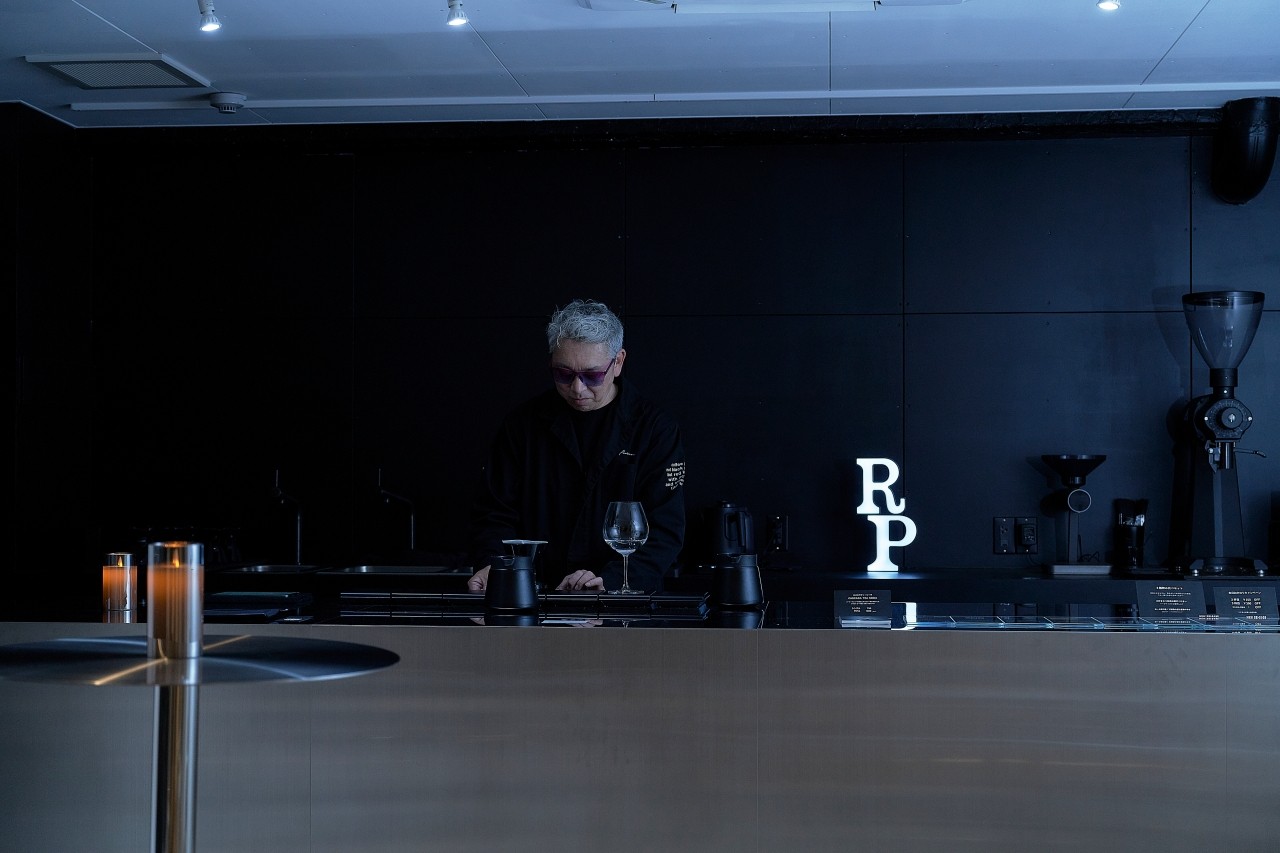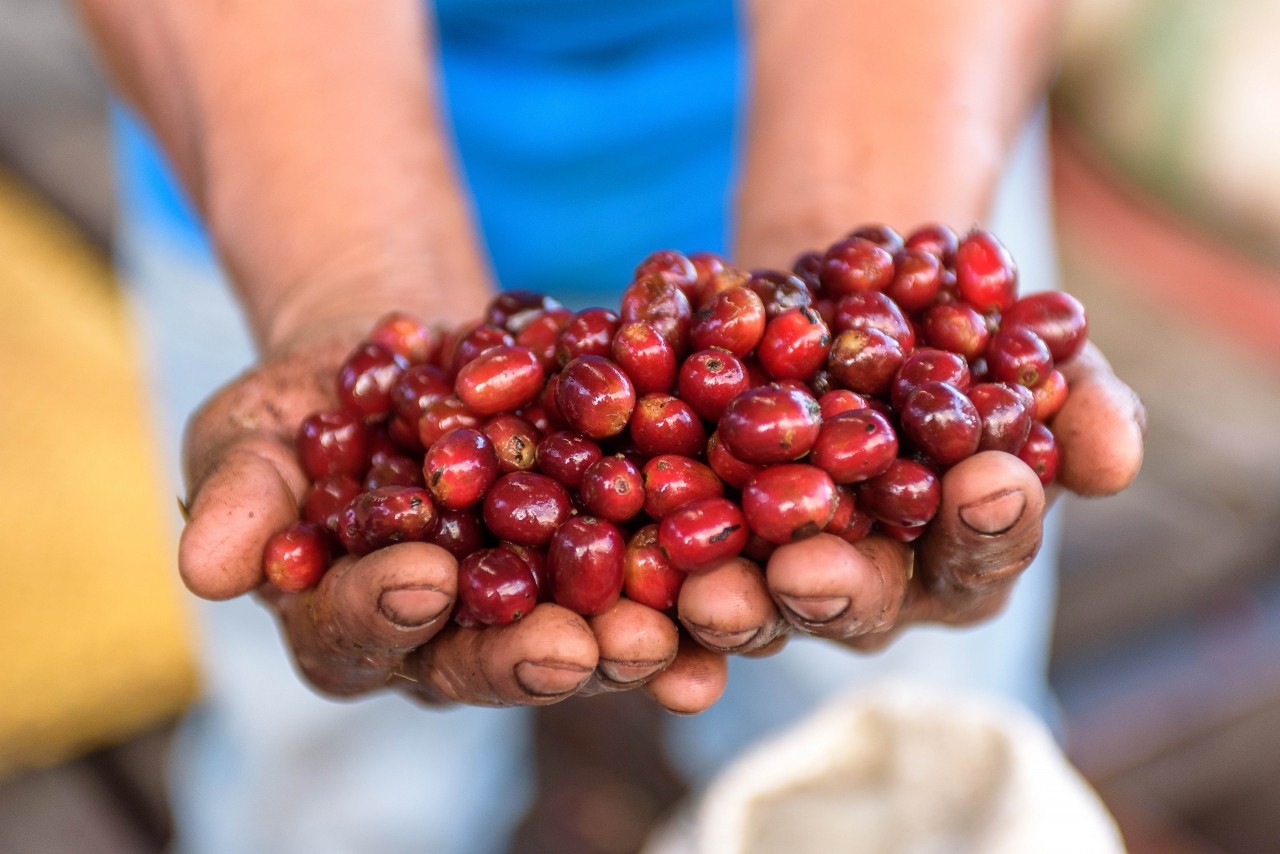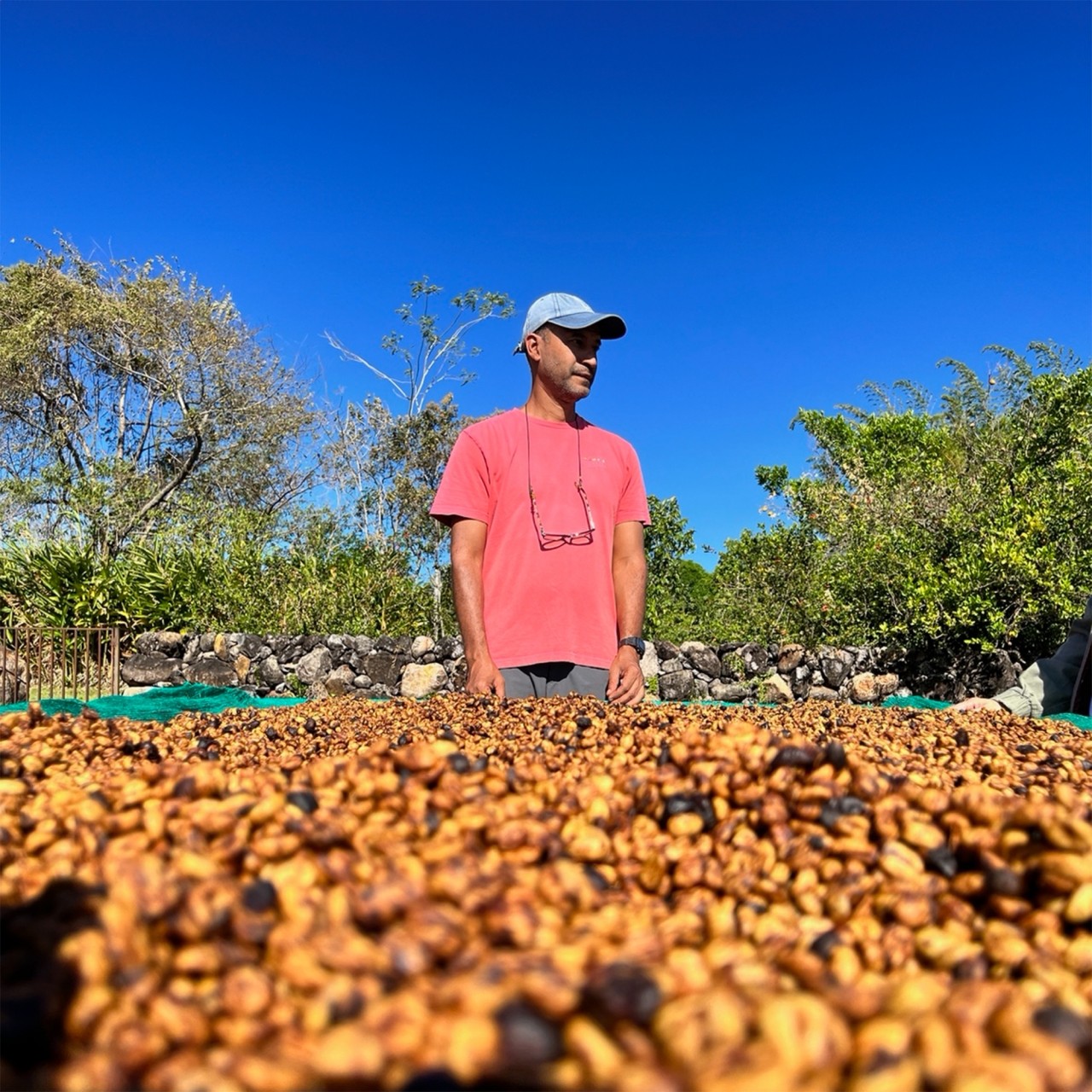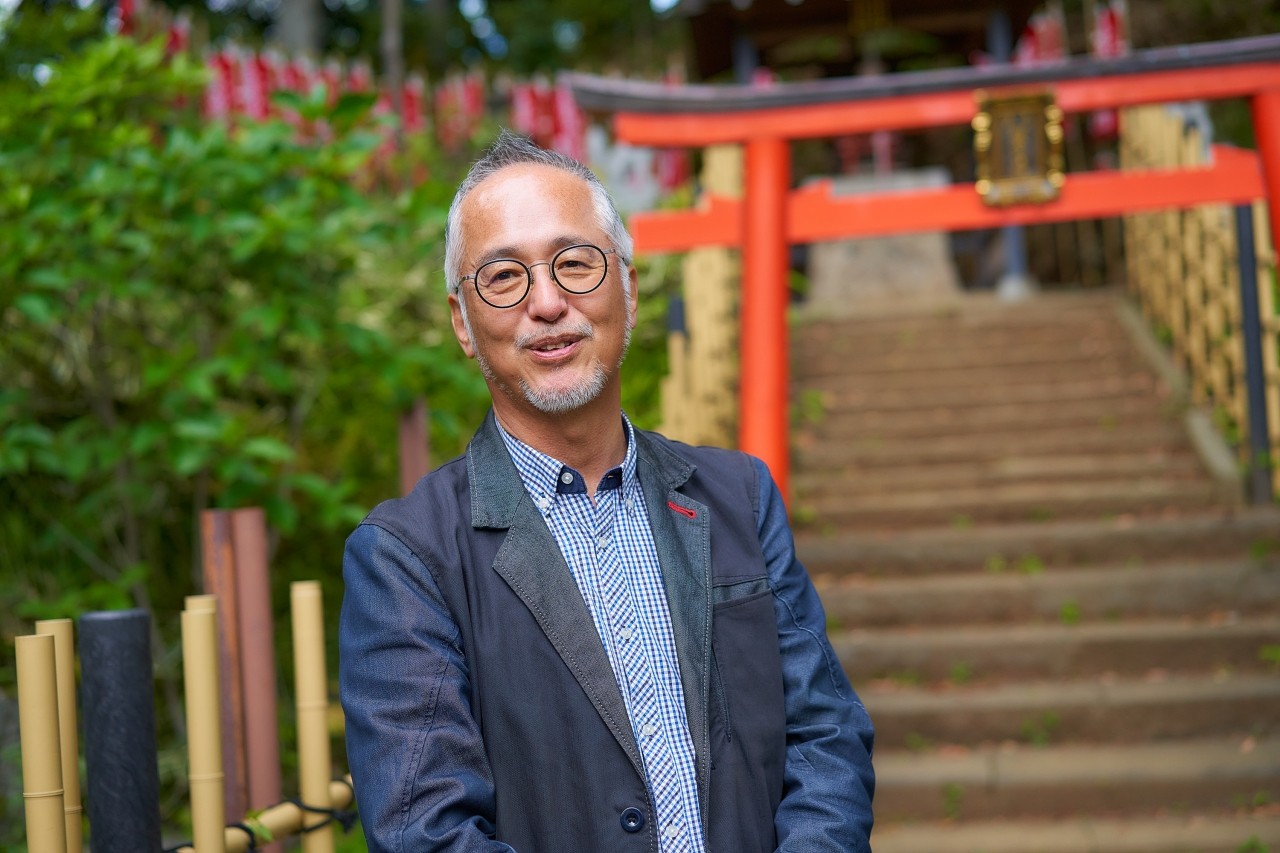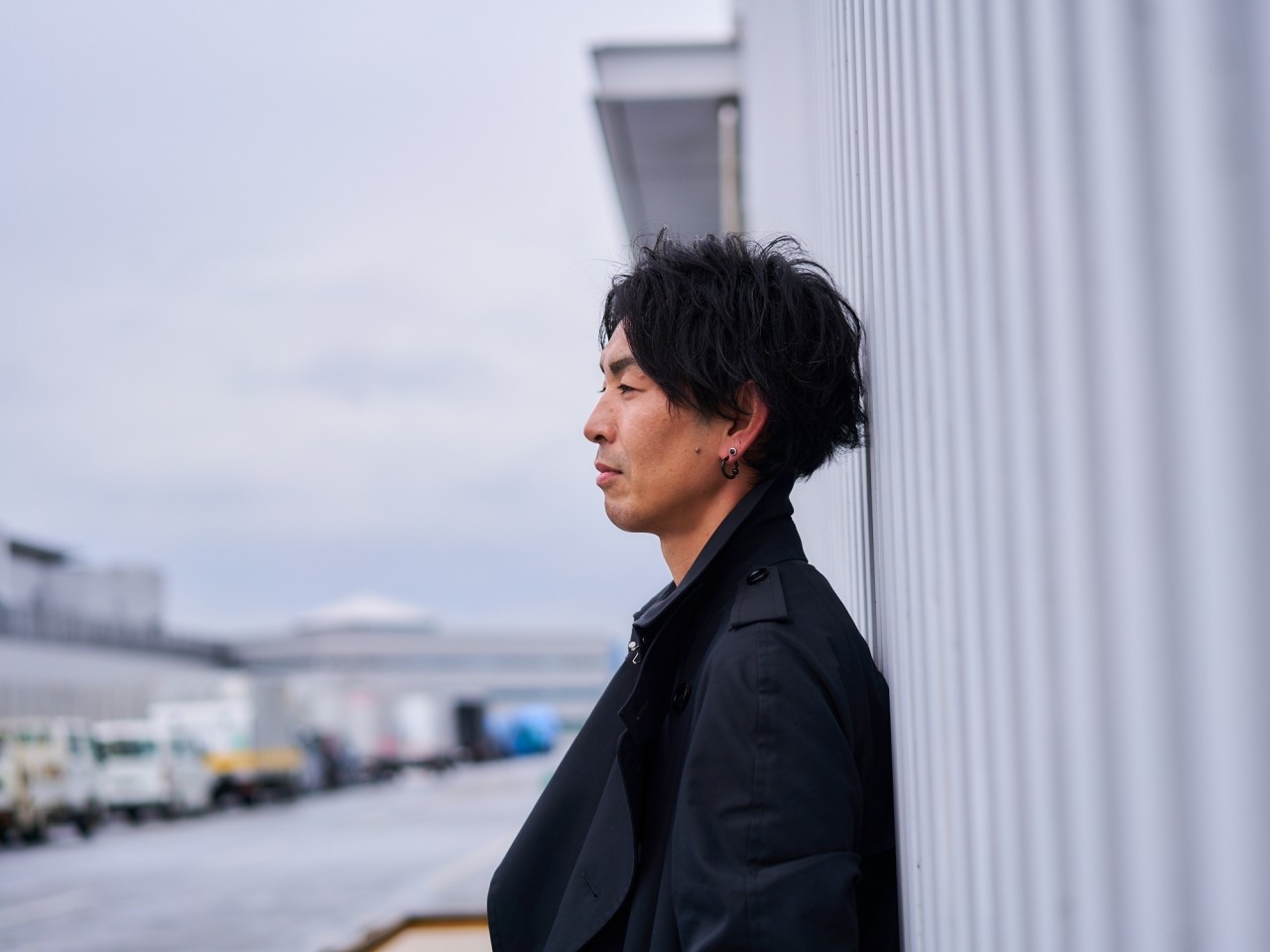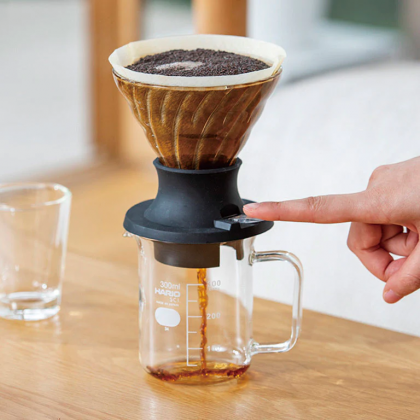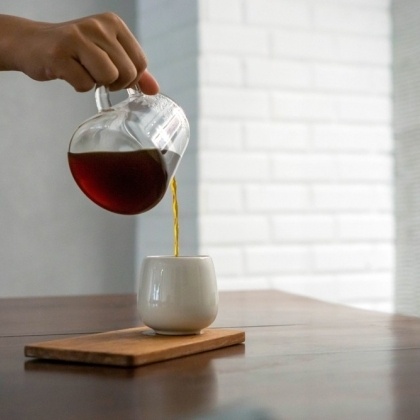Coffee “body” and roast level

When describing coffee brands, you often see the concepts of "full-bodied," "medium-bodied," and "light-bodied." There is clearly a relationship between body and the degree of roast (a darker roast is often called a full-bodied coffee, and a lighter roast is often called a light-bodied coffee), but they are not actually the same thing.
I would like to try to clarify this confusing relationship here.
I would like to try to clarify this confusing relationship here.
Originally a wine term, "body"
As you know, body is a common term in the wine world.
Full-bodied wines are deep and rich in flavor, powerful, heavy, and astringent (derived from tannins), and have a rich aroma. They are mainly used to describe red wines, and are often used to describe wines that are well-aged and have a high alcohol content.
On the other hand, light-bodied wines are light on the palate and easy to drink, and examples of this include unaged fruity new wines.
A medium-bodied wine is somewhere in between, being well-balanced.
Looking at it this way, a full-bodied drink can be said to have a rich taste and aroma, with many components present in the liquid, and a heavy texture.
Full-bodied wines are deep and rich in flavor, powerful, heavy, and astringent (derived from tannins), and have a rich aroma. They are mainly used to describe red wines, and are often used to describe wines that are well-aged and have a high alcohol content.
On the other hand, light-bodied wines are light on the palate and easy to drink, and examples of this include unaged fruity new wines.
A medium-bodied wine is somewhere in between, being well-balanced.
Looking at it this way, a full-bodied drink can be said to have a rich taste and aroma, with many components present in the liquid, and a heavy texture.
Espresso body strength

When thinking about this in terms of coffee, the difference is most clearly seen when extracting espresso.
Espresso extracted under high pressure emulsifies the oils in the coffee, creating a viscous texture. The texture and density of this viscosity determine the body of the espresso.
An espresso with body is creamy, viscous, thick and rich. An espresso with little body is thin and rather watery.
As many of you may have noticed, the body of an espresso is not proportional to the degree of roasting. In other words, even if the coffee is roasted deeply, there are espressos that are weak in body.
There are many factors involved, such as the quality of the coffee beans, roasting, and extraction, but you can see that it is not simply the case that "full-bodied" means "dark roasted."
Espresso extracted under high pressure emulsifies the oils in the coffee, creating a viscous texture. The texture and density of this viscosity determine the body of the espresso.
An espresso with body is creamy, viscous, thick and rich. An espresso with little body is thin and rather watery.
As many of you may have noticed, the body of an espresso is not proportional to the degree of roasting. In other words, even if the coffee is roasted deeply, there are espressos that are weak in body.
There are many factors involved, such as the quality of the coffee beans, roasting, and extraction, but you can see that it is not simply the case that "full-bodied" means "dark roasted."
Body closely related to mouthfeel
A full-bodied, full-bodied coffee is one that is heavy in texture and, in the case of espresso, creamy, viscous and thick.
These descriptions suggest that the texture of the liquid, or the sensation you get when you put it in your mouth, plays a major role.
In fact, the item that is most closely related to the body in the Cup of Excellence cupping form is "Mouthfeel." In particular, the strength is evaluated in three stages: High Body, Medium Body, and Low Body (in addition to strength, the quality must also be evaluated. Also, the SCAA method has an evaluation item called Body).
For this reason, body can be said to be simply the texture. However, texture also includes evaluation of the liquid itself, such as roughness and roundness, so there is a difference between texture and body.
These descriptions suggest that the texture of the liquid, or the sensation you get when you put it in your mouth, plays a major role.
In fact, the item that is most closely related to the body in the Cup of Excellence cupping form is "Mouthfeel." In particular, the strength is evaluated in three stages: High Body, Medium Body, and Low Body (in addition to strength, the quality must also be evaluated. Also, the SCAA method has an evaluation item called Body).
For this reason, body can be said to be simply the texture. However, texture also includes evaluation of the liquid itself, such as roughness and roundness, so there is a difference between texture and body.
The uniquely Japanese expression "Koku"
In Japan, there is a word very close to "body," called "koku," which is often considered the same as "body."
It is difficult to explain what koku refers to, and it is generally said to be an expression relating to umami and sweetness, but when used to describe beverages that contain a lot of bitterness, such as coffee or beer, it is said to refer to the "depth" and "breadth" of the flavor, including the bitterness, and the "persistence" that lingers for a long time.
If we say that a deep, long-lasting flavor has body, and one that is shallow and has a clean aftertaste has a weak body, there is no particular sense of incongruity in this statement, and it is easy to understand that richness and body are quite similar.
However, one thing that concerns me is that "richness" is one of the words used to describe flavor. In this respect, it cannot be taken to mean the same thing as body (the expression "no richness" means that the coffee is not tasty, but there are of course delicious light-bodied coffees).
It is difficult to explain what koku refers to, and it is generally said to be an expression relating to umami and sweetness, but when used to describe beverages that contain a lot of bitterness, such as coffee or beer, it is said to refer to the "depth" and "breadth" of the flavor, including the bitterness, and the "persistence" that lingers for a long time.
If we say that a deep, long-lasting flavor has body, and one that is shallow and has a clean aftertaste has a weak body, there is no particular sense of incongruity in this statement, and it is easy to understand that richness and body are quite similar.
However, one thing that concerns me is that "richness" is one of the words used to describe flavor. In this respect, it cannot be taken to mean the same thing as body (the expression "no richness" means that the coffee is not tasty, but there are of course delicious light-bodied coffees).
What is a filter coffee body?
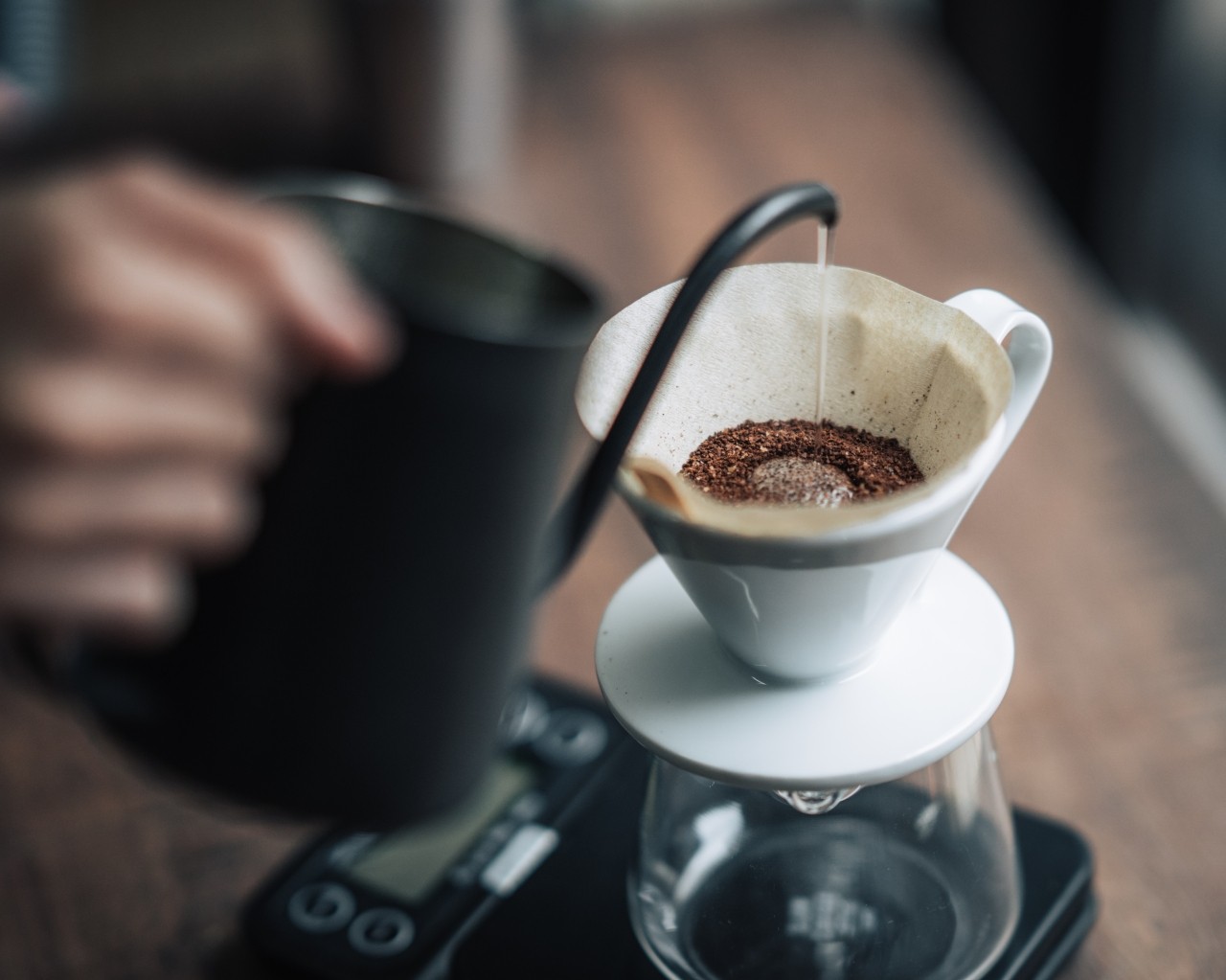
Coffee brewed through a filter is said to have a concentration about one-tenth that of espresso, so it does not have the same viscosity or concentration as espresso, and so the body is expressed slightly differently.
The body of filter coffee is greatly influenced by the weight of the texture and the depth of the flavor. The persistence of these also plays a major role.
Full-bodied coffee is heavy, solid, and has a long-lasting flavor, while light-bodied coffee is light and refreshing.
If we take into account the flavor trends that result from roasting, deeply roasted coffee with a lot of bitterness tends to have weight and depth, while lightly roasted coffee with a strong acidity tends to have a delicate flavor that comes through and feels refreshing.
These trends show that full-bodied coffee tends to be associated with dark roasts, while light-bodied coffee tends to be associated with light roasts.
However, this is not the same thing. There are some coffees that have a full body even if they are relatively lightly roasted, and there are some coffees that are darkly roasted but lack depth of flavor and cannot be considered full-bodied.
Even with filter coffee, there is no proportional relationship between roast level and body.
By the way, with hand drip and other filter coffee, you can control the body of the coffee by adjusting the amount of beans used and the grind size.
Considering this, we can say that body depends on how well the flavor components of the coffee are extracted.
The body of filter coffee is greatly influenced by the weight of the texture and the depth of the flavor. The persistence of these also plays a major role.
Full-bodied coffee is heavy, solid, and has a long-lasting flavor, while light-bodied coffee is light and refreshing.
If we take into account the flavor trends that result from roasting, deeply roasted coffee with a lot of bitterness tends to have weight and depth, while lightly roasted coffee with a strong acidity tends to have a delicate flavor that comes through and feels refreshing.
These trends show that full-bodied coffee tends to be associated with dark roasts, while light-bodied coffee tends to be associated with light roasts.
However, this is not the same thing. There are some coffees that have a full body even if they are relatively lightly roasted, and there are some coffees that are darkly roasted but lack depth of flavor and cannot be considered full-bodied.
Even with filter coffee, there is no proportional relationship between roast level and body.
By the way, with hand drip and other filter coffee, you can control the body of the coffee by adjusting the amount of beans used and the grind size.
Considering this, we can say that body depends on how well the flavor components of the coffee are extracted.
And this is also an important element, but in the coffee industry, the aftertaste is discussed alongside the body as a criterion for evaluating coffee beans.
Good coffee has a long aftertaste. This is a phrase that comes up among coffee buyers and people in the industry.
Good coffee has a long aftertaste. This is a phrase that comes up among coffee buyers and people in the industry.
I hope to explain this concept of "after" on another occasion.
To sum up, full-bodied coffee is one in which the ingredients are easily (or already are) brought out by the characteristics of the coffee brand and the roasting process, while light-bodied coffee is one in which the ingredients are not too heavy and are easy to drink (often with an emphasis on the aroma).
When choosing coffee, it might be an interesting idea to think about the body of the coffee once again.
***
There are still many things that are not well known, such as the taste of coffee and its relationship to roasting. We would like to continue to Manabu this together with you.
To sum up, full-bodied coffee is one in which the ingredients are easily (or already are) brought out by the characteristics of the coffee brand and the roasting process, while light-bodied coffee is one in which the ingredients are not too heavy and are easy to drink (often with an emphasis on the aroma).
When choosing coffee, it might be an interesting idea to think about the body of the coffee once again.
***
There are still many things that are not well known, such as the taste of coffee and its relationship to roasting. We would like to continue to Manabu this together with you.
2022.03.23
CROWD ROASTER
CROWD ROASTER
If you want to enjoy coffee more deeply
" CROWD ROASTER APP"
Manabu at CROWD ROASTER LOUNGE
・Push notifications for article updates・Full of original articles exclusive to CROWD ROASTER
・Direct links to detailed information about green beans and roasters
App-only features
- Choose green beans and roasters to create and participate in roasting events・CROWD ROASTER SHOP: Everything from beans to equipment is readily available
・GPS-linked coffee map function


